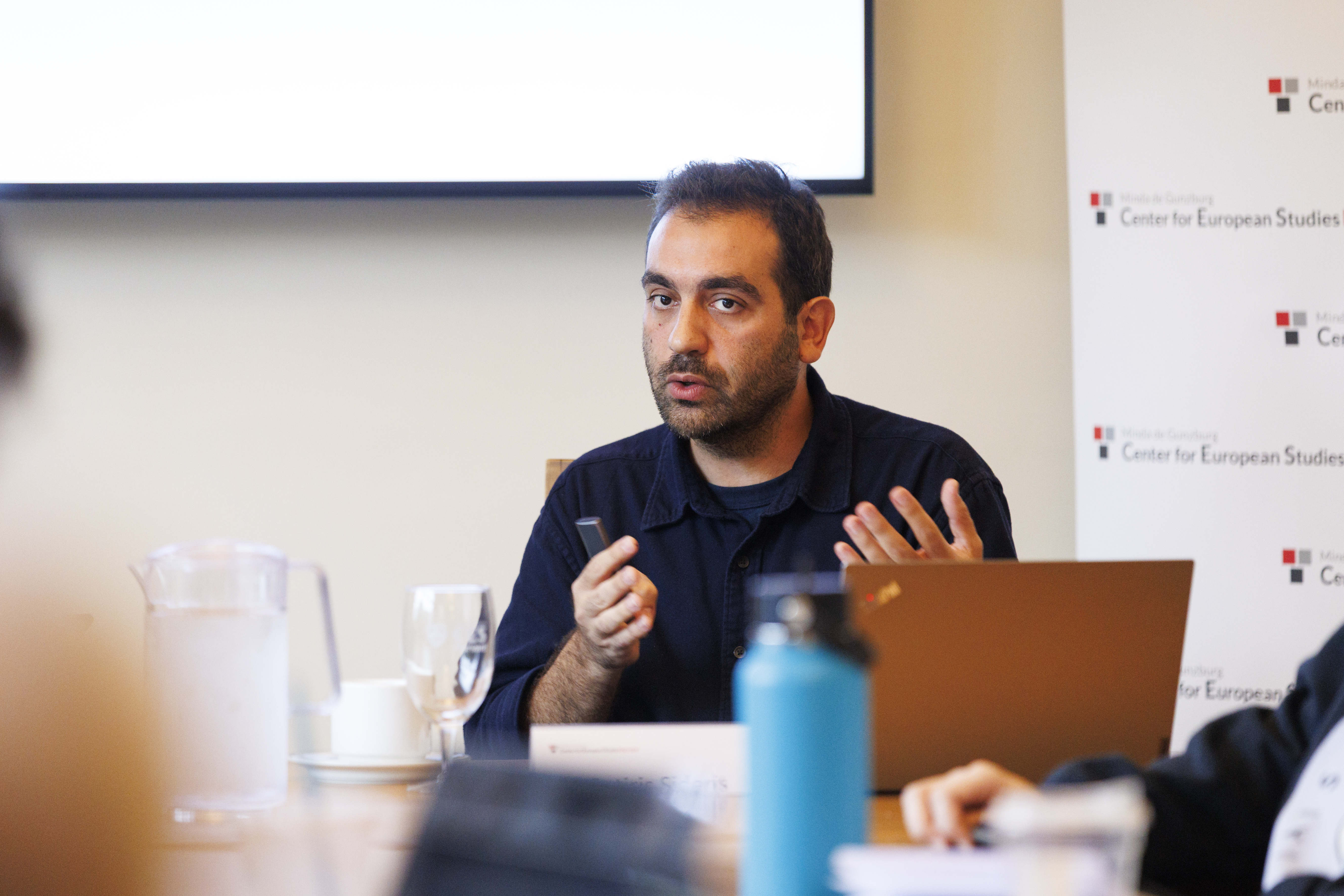
"The question today isn't whether we are using AI in journalism, because we do it already," but whether "we can do journalism without outsourcing our skepticism, our ethics, and our sense of accountability, both as journalists ourselves and the accountability we are asking people and organizations that hold power to provide," said Sideris who is studying how generative AI can better assist investigative reporting as a 2026 Nieman Fellow."
"Human reporting, writing, and editing are still essential to getting stories, but data and generative AI can play an important dual role as a "microscope" that helps reporters quickly cut through the information "noise" hidden within disparate documents and reports, he said. At the same time, these tools can serve as a "mirror that reflects our own biases and our own stereotypes" that can mislead journalists into drawing the wrong conclusions, he said."
AI-produced content has raised concerns about news accuracy amid a decline in working journalists who act as checks against false information. Data- and generative-AI tools enable reporters to analyze vast government and business datasets in a timelier fashion, revealing patterns that can guide improvements or expose questionable or illegal activities. These tools can function as a microscope to cut through information noise hidden within disparate documents and reports. Human reporting, writing, and editing remain essential. Generative AI can also reflect biases and stereotypes that may mislead journalists. Preserving skepticism, ethics, and accountability is the central challenge when using AI.
Read at Harvard Gazette
Unable to calculate read time
Collection
[
|
...
]